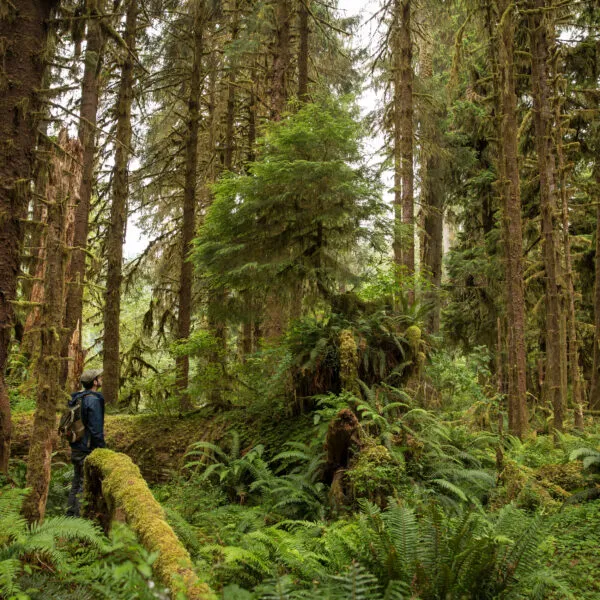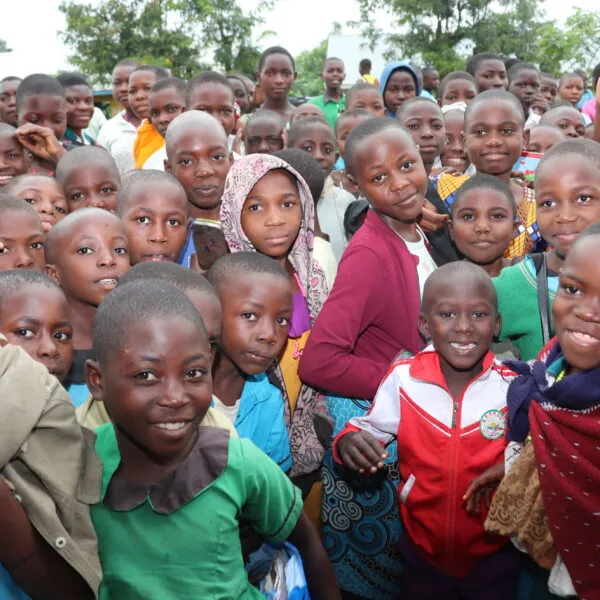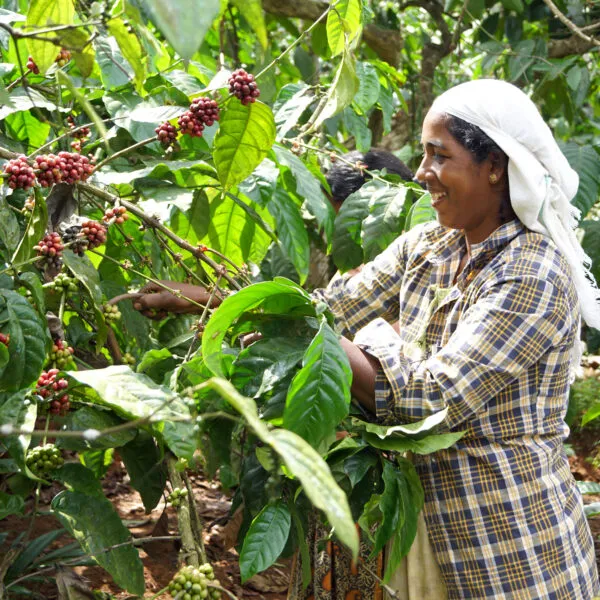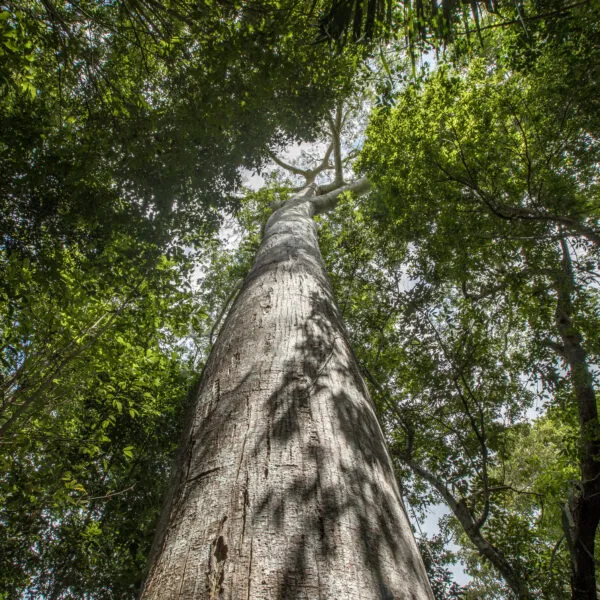When Florence Njiraini’s new husband gifted her 1,500 coffee plants on the slopes of Mt. Kenya years ago, she knew almost nothing about farming. Determined to make her plot a success, she set about learning as much as she could, and soon she was employing sustainable growing practices. Today, Njiraini is the lead farmer for the Mutira Farmers’ Cooperative, a group of more than 5,500 Kenyan smallholders that has been Rainforest Alliance CertifiedTM since 2013—and she’s a model to other farmers, particularly women, throughout her region.
It’s not hard to see why her fellow farmers look to Nijraini for guidance and inspiration. When Njiraini (who was nominated for the 2019 Rainforest Alliance Community Honoree Award, presented at our gala) made a life-changing decision to swap out her trees for disease-resistant varieties, she not only cut out the need to buy fungicides, she doubled her yields. In just three years, her yields went from an average of 15kg per bushel to 30kg—the highest coffee productivity rate in the country. She often tells the story of how she received a payment so huge couldn’t decipher the amount—all she knew was that it was a three followed by many zeroes.
Nijraini’s passion for sustainability and her personal charm have made her an effective advocate for other smallholders, as well as a sought-after expert. At the launch of the Kenya Coffee Platform, an initiative that aims to increase sustainability in Kenya’s coffee sector, Kenya’s cabinet secretary for the ministry of agriculture sought Nijraini out to speak with her. In 2015 she won the presidential award for best farmer.
All this makes Nijraini an important warrior for sustainability; moreover, her nearly unparalleled success makes it clear that women can manage their coffee farms just as well—or even better—than their male counterparts.




